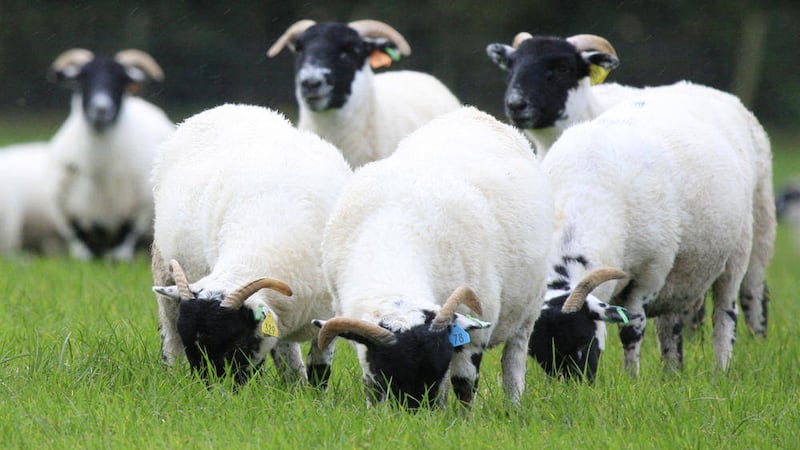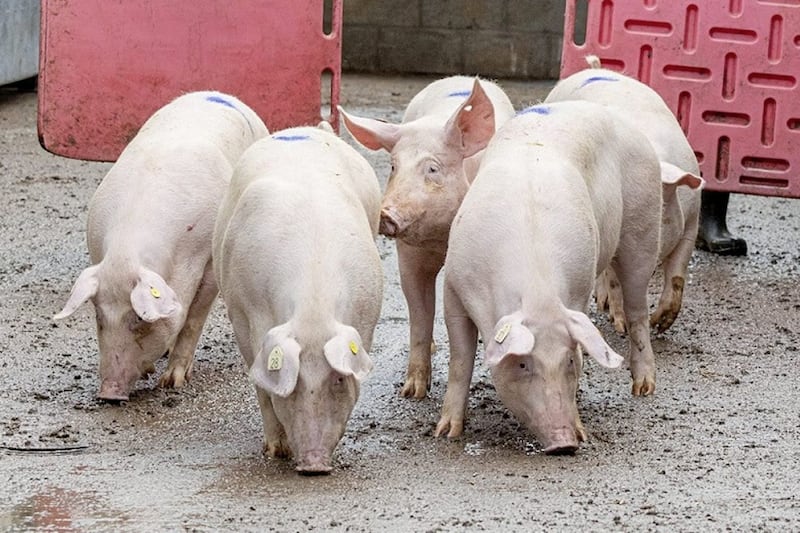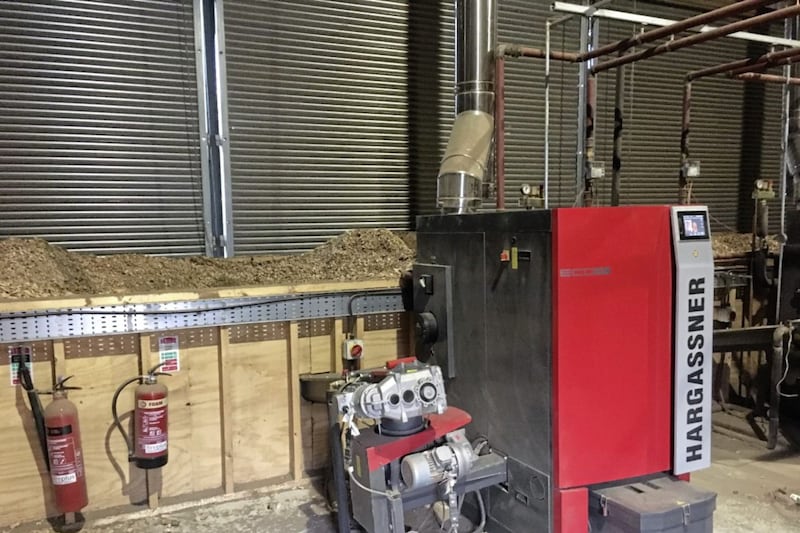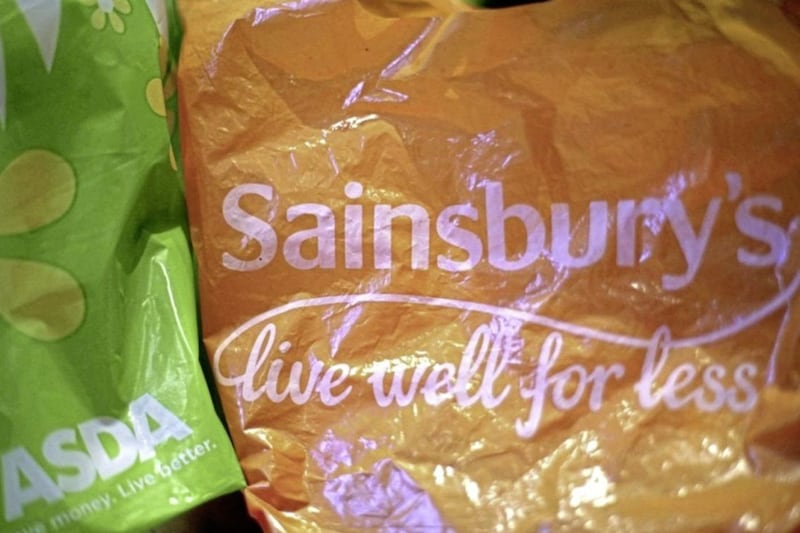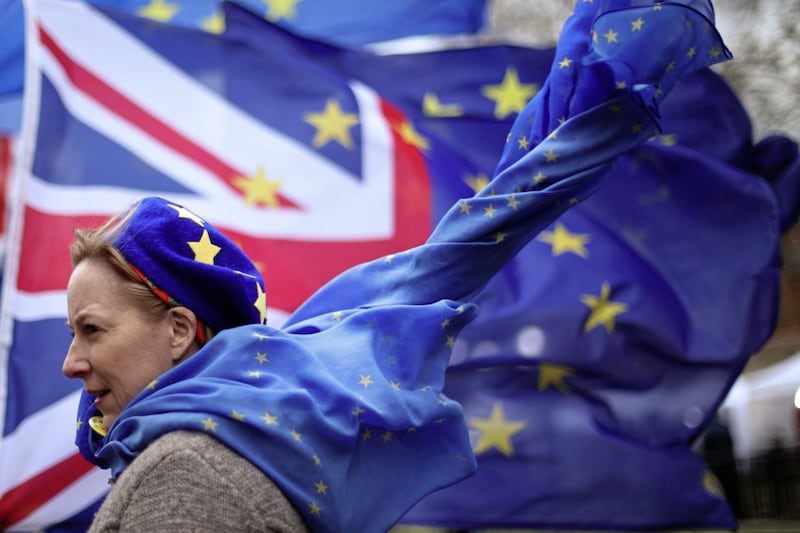SHEEP meat processors in the Republic could adopt a voluntary labelling scheme, to provide clarity on country of origin, the Ulster Farmers' Union (UFU) has urged.
There has been confusion in the market since new European rules were introduced requiring meat to carry a label showing where it originated from.
With almost half of sheep meat from Northern Ireland exported south of the border, it produced a lack of clarity that the union said was resulting in lower prices for meat produced in the north.
Last week, the Republic's agriculture minister Simon Coveney ruled out the introduction of an all-island label.
However, UFU president Ian Marshall said it was up to both governments to provide clarity on the issue.
While Minister Coveney has said that his government is not prepared to accept an all island label for sheep meat, more could still be done by both governments to clarify the guidance around the voluntary labelling for sheep meat produced in Northern Ireland and slaughtered in ROI."
Mr Marshall said confusion over country of origin labelling had "put downward pressure on prices paid to producers," throughout April.
"We simply cannot afford to see a repeat of this happening again and it is imperative that governments make it clear to processors and retailers that a voluntary label can be used that will provide consumers with the clarity they need around animal traceability and food safety," he said.
With 45 per cent of Northern Ireland lambs being traded to ROI, this is a vital market for local producers but which also has benefits for the ROI economy as well.
"The 400,000 lambs traded to ROI last year enabled ROI processors to maintain market share, improve the efficiency of their plants and create jobs for the local economy. Further to this, we would appeal to farmers in ROI to be open minded about the importance of this trade.
"While fewer exports into ROI might provide a short term benefit for them, in the long run this could lead to difficulties for farmers across the island, so in our view it is in the best interests of everyone that all questions around country of origin labelling are clarified beyond all doubt and the market is allowed to move on.
